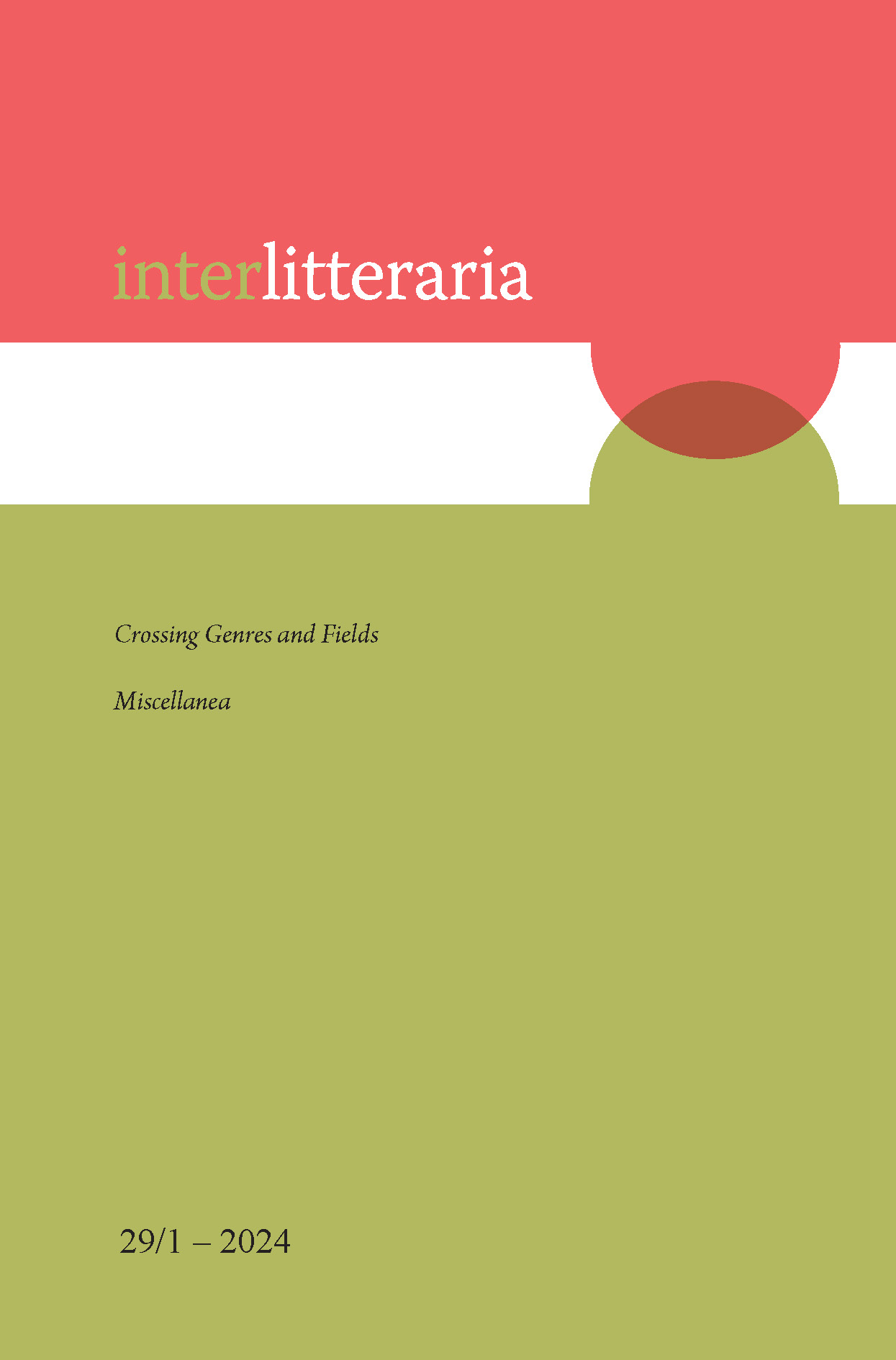Governmentality, Democracy, and Liberalism: Desire in Samrat Upadhyay’s ‘The Guru of Love’
DOI:
https://doi.org/10.12697/IL.2024.29.1.4Keywords:
Anglophone, desire, democracy, governmentality, liberalism, Nepali American novelAbstract
In Samrat Upadhyay’s The Guru of Love (2003), the political and the personal intersect, with the novel as a genre exposing how they are interwoven. In the Nepali-American novelist Upadhyay’s novel, democracy and liberalism operate through the management and redirection of desires, instead of constraining them. The novel itself, as a genre, becomes the canvas for orchestrating this transformative process, engaging both characters and readers. Set against the backdrop of Nepal in the global south, The Guru of Love challenges conventional notions, suggesting that democracy’s efficacy does not hinge on industrialisation and education alone. Instead, democracy itself can serve as a potent political tool for nurturing a citizenry that favours such politics. As this novel shows, the key tenet of liberal and capitalist governance lies in the augmentation and regulation of the individual’s desires. Upadhyay’s novel is a testament to the celebration of individualism and shows the workings of capitalist and liberal deregulation as a mechanism for managing and channelling desires. It portrays how these political ideologies shape and mould the individual’s personal aspirations and society’s political paradigms.
Downloads
Downloads
Published
Issue
Section
License
Copyright (c) 2024 Pushpa Acharya

This work is licensed under a Creative Commons Attribution-NonCommercial-NoDerivatives 4.0 International License.
The contents of Interlitteraria are published under CC BY-NC-ND licence.


